Tea drinking is a habit of many people. For some people, they often start a new day with a cup of tea, and for others, they end the day with a cup of tea.
Tea offers many health benefits, but drinking tea with certain foods can affect the taste or nutritional benefits of the tea.
Here are foods to absolutely avoid when drinking tea:
1. Dairy products should not be combined with tea.
One of the most controversial combinations is tea with dairy products like milk, cheese, or yogurt. While adding milk to black tea is common in many cultures, research shows that the proteins in milk can bind to the antioxidants in tea, reducing the health benefits of tea.
For example, catechins, powerful antioxidants found in tea, may become less effective when milk is added. Furthermore, the fatty, rich taste of dairy products can overwhelm the delicate flavors of green or white tea, resulting in an unpleasant taste.
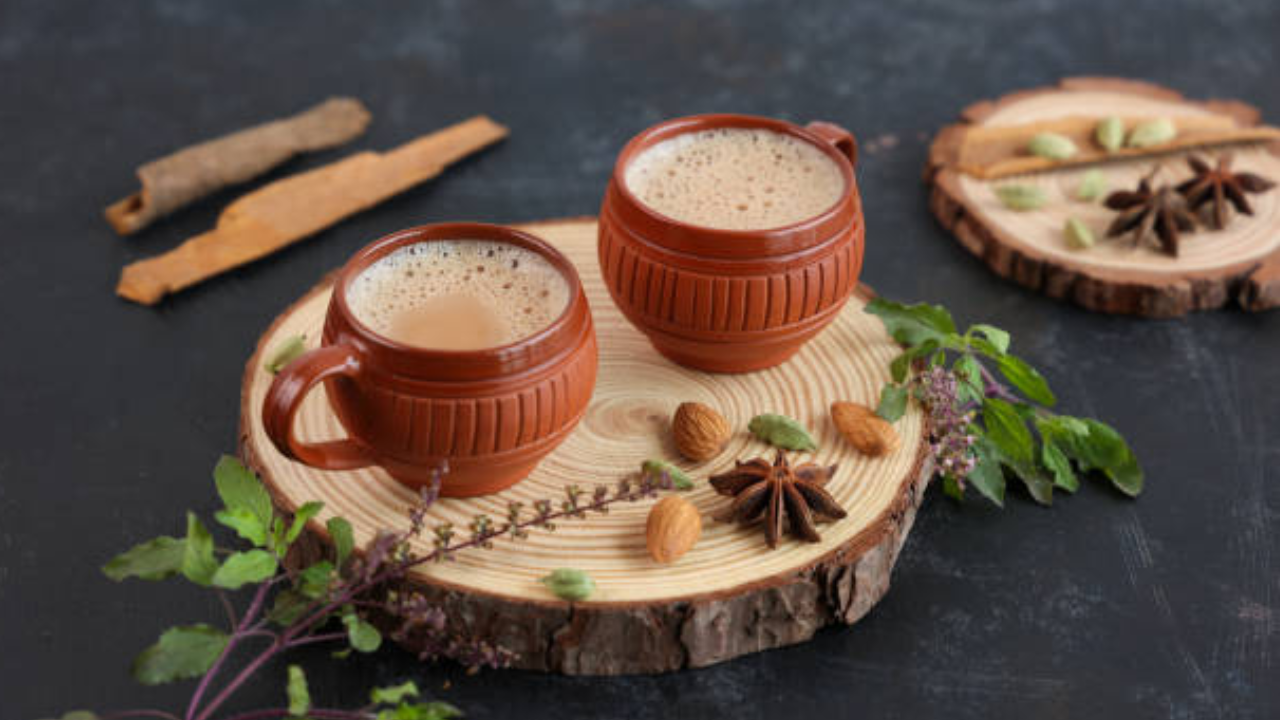
Dairy products should not be combined with tea.
2. Spicy food
Spicy foods should also be avoided when paired with tea. Spicy foods, such as those with hot peppers or strong spices, can clash with the delicate flavors of tea. The capsaicin in spicy foods overstimulates the palate, making it difficult to appreciate the nuanced flavors of tea. Additionally, spicy foods can cause digestive problems when combined with the tannins in tea, leading to stomach upset.
3. Citrus fruits
While a slice of lemon is often added to some teas, drinking tea with other citrus fruits such as oranges, grapefruits, or lemons can cause problems. The high acidity of these fruits affects the tannins in the tea, resulting in a bitter taste. Furthermore, citrus fruits can alter the pH balance of the stomach, causing discomfort or worsening acid reflux when combined with tea.
4. Chocolate
Chocolate is a delightful treat, but it is not the ideal companion for tea. The rich flavor of chocolate, especially dark chocolate, overshadows the delicate aroma of tea. The caffeine content in both chocolate and tea can lead to excessive intake of stimulants, causing restlessness or sleep disturbances. The combination of tannins from tea and theobromine from chocolate can also create an unpleasant, astringent taste.
5. Alcohol
Mixing tea with alcohol is another combination to avoid. Alcohol can mask the delicate flavor of tea and counteract its calming effects. Furthermore, both alcohol and tea are diuretics, which can lead to dehydration when consumed together. The tannins in tea react with alcohol, creating an unpleasant astringent and bitter taste.
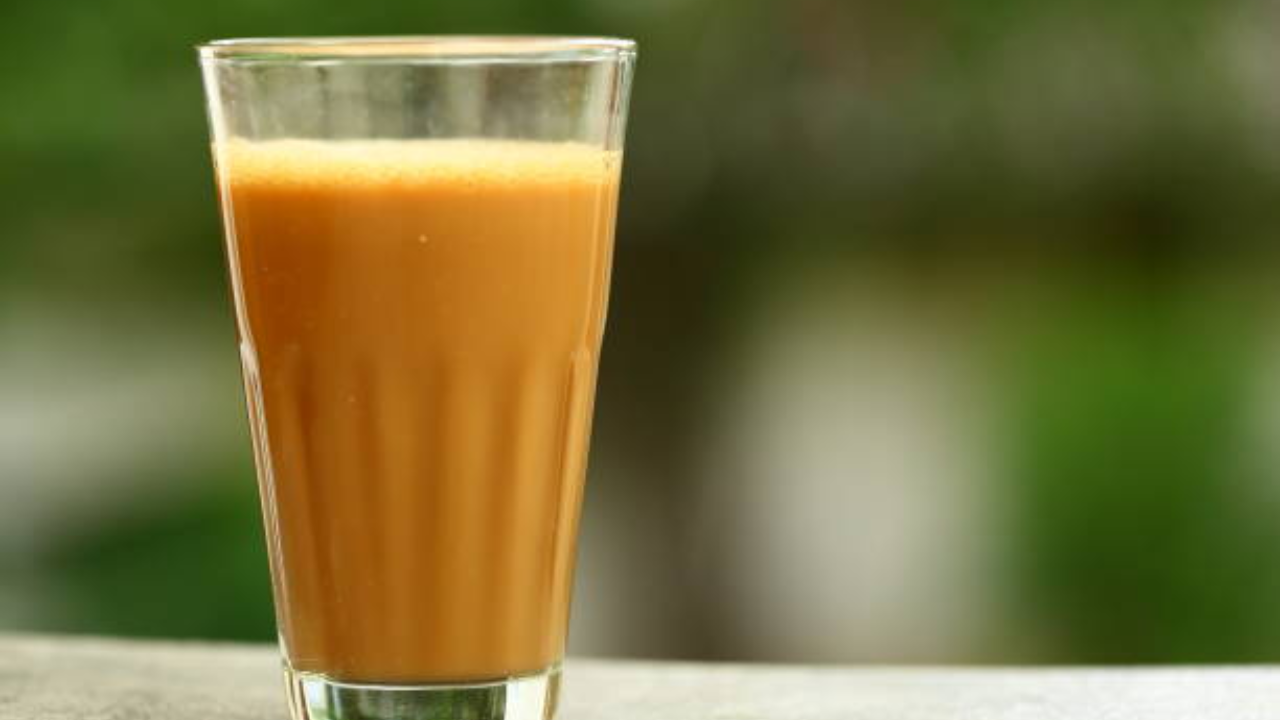
Mixing tea with alcohol is a combination to avoid.
6. Meats with rich flavors
Meats with strong flavors such as lamb should be avoided when drinking tea. The strong flavor and high fat content of these meats can clash with the delicate flavors of tea, making it difficult to enjoy the drink. The strong smell of these meats can take away from the experience of enjoying the light, refreshing flavor that tea brings.
7. Garlic and onions
Garlic and onions, while essential to many savory dishes, are not suitable for tea. Their pungent and lingering flavors overwhelm the delicate aroma of the tea, resulting in an unpleasant taste experience. The strong aftertaste of garlic and onions lingers in the mouth, making it difficult to fully enjoy the next sip of tea.
8. Sweet desserts
Sweet desserts like cakes and cookies may seem like natural companions to tea, but they can actually detract from the experience. The high sugar content in these desserts overwhelms the palate, making the tea taste less sweet and more bitter. What’s more, the combination of sugar and caffeine can lead to a spike in blood sugar, followed by a crash… which can be unpleasant.
9. Foods high in fat
It is best to avoid fatty foods such as fried snacks, cream sauces, and buttery pastries when drinking tea. The richness of these foods can coat the palate, preventing the tea from being fully enjoyed. The combination of fatty foods and tea can cause a heavy feeling in the stomach, leading to digestive discomfort.
Source: https://giadinh.suckhoedoisong.vn/9-loai-thuc-pham-tuyet-doi-khong-ket-hop-voi-tra-172240524231706504.htm




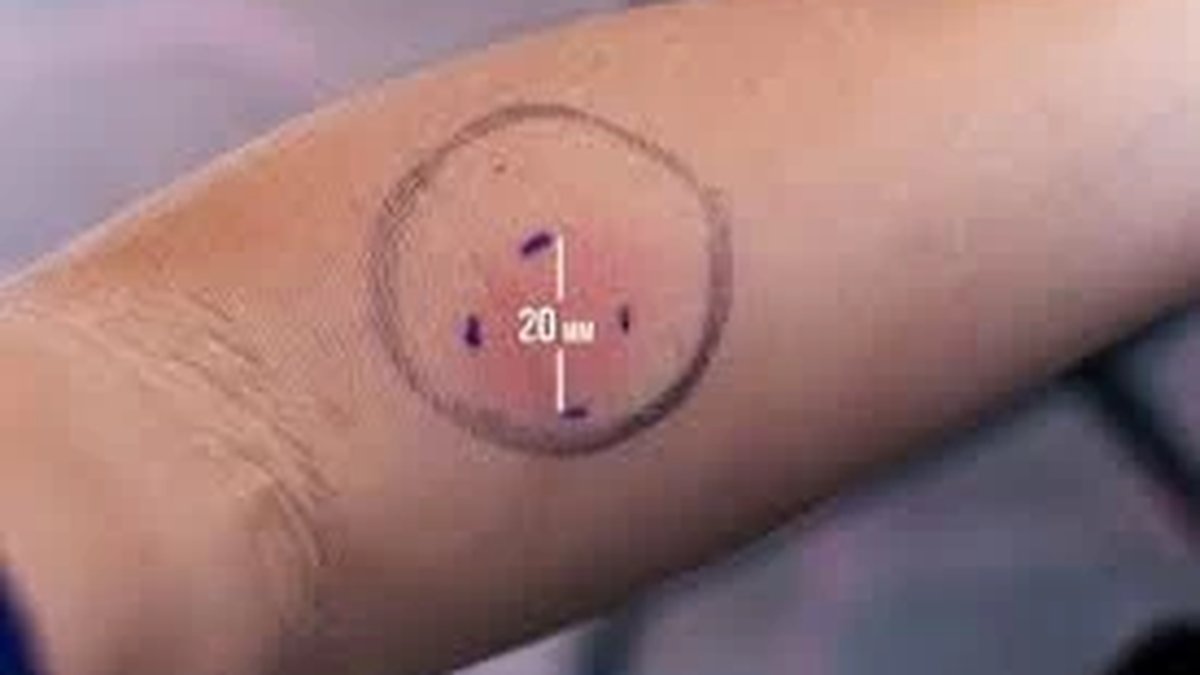






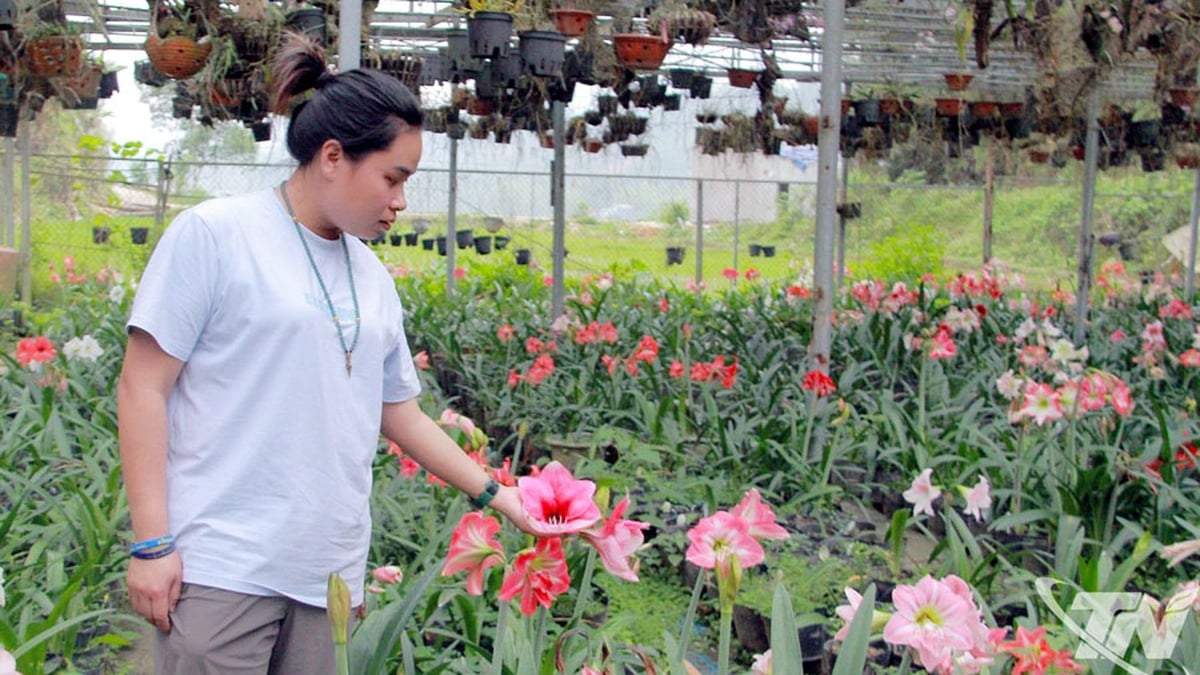
















![[Photo] National Assembly Chairman Tran Thanh Man visits Vietnamese Heroic Mother Ta Thi Tran](https://vphoto.vietnam.vn/thumb/1200x675/vietnam/resource/IMAGE/2025/7/20/765c0bd057dd44ad83ab89fe0255b783)



















































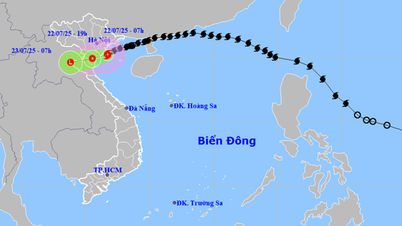
























Comment (0)